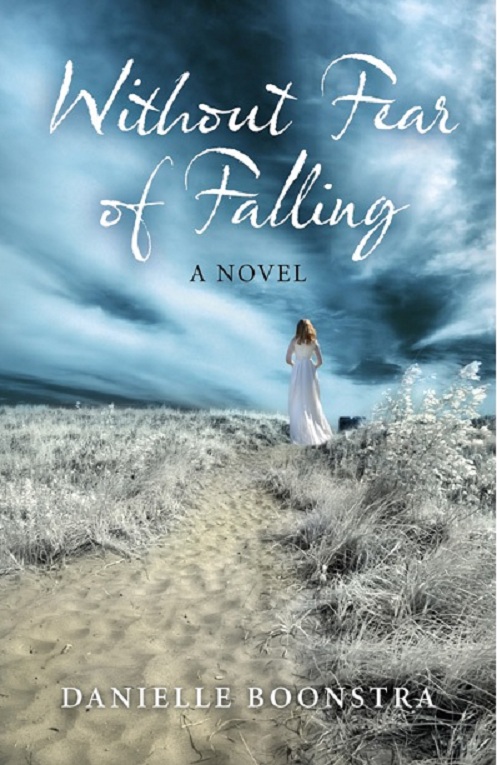When Dean and Frieda met, they had an instant connection. Not only did they have chemistry, but they had similar childhoods. And the stories of how their marriages had ended were alike as well. For them, the relationship was a refuge—a place to feel safe, loved and understood. At least, that was how it started.
After a year or so, things began to change. Frieda was facing a lot of challenges at work. Dean was in a nasty custody battle. Life was pulling at them and triggering them. Neither one of them had ever effectively healed any part of their past nor learned how to deal with conflict in a healthy way. They were adrift in a sea of difficulties with only one other to cling to. Of course, neither one wanted to let go, but the weight of all that had come before and all that lay ahead was heavy. And when it became too much, they would turn on one another desperately to feel heard, seen, and known.
It has been said that we repeat what we don’t repair. Dean and Frieda found themselves repeating the same toxic patterns they had played out in previous relationships. Instead of counselling, they turned to distraction. They decided to move in together and fix up an old house. It was a giant project with no shortage of things to do. They found they worked well together as long as they could push negative emotions down. Neither of them liked conflict or ‘drama.’
The problem was, of course, those negative emotions weren’t going anywhere. And even in lives built to distract continually, the triggers cropped up—desperate to be seen and healed.
Frieda always had questions for me when I saw her. She read my writing and knew most of the details of my life. And she admitted she had a lot of judgments too. I think when a couple doesn’t take their relationship down the road most travelled, it often becomes a topic of discussion or dissection.
“So, you still don’t live together,” she said as we hiked up the Chedoke trail.
“No,” I replied. “We live separately.”
“And you’re forty-one?” she asked.
I laughed. “Yes, that’s right.”
“Sorry,” she said. “I don’t mean to sound critical. I simply don’t understand what you’re doing. Don’t you want to feel more settled? You must want to marry and have a house. You must want more.”
This wasn’t the first time she’d asked me this. And it was clear to me those were things that Frieda wanted so I had to wonder if she saw some of her own relationship in mine. “I used to think that. I used to look at the people around me and lament that my relationship didn’t measure up. But I’m not them, and they are not me. Above all else, I want to heal. I want to feel good. And we have decided that no one in our family will be forced into any situations they are not ready for.”
She made a face. “I mean, that sounds good. But aren’t you afraid that it ultimately means you aren’t right for each other?”
I shrugged. “Not really. From what I’ve observed, most romantic relationships are super conditional. If you do this, then I’ll do that. There are unspoken agreements on so many things, and as soon as one breaks an agreement, the other pulls back until the first one chases and silently agrees to do as he did before. Over and over. On and on. Nothing ever gets healed or resolved. It’s just a constant game of keeping each other appeased.”
“Maybe,” she said. “But maybe it’s better than constant drama.”
I nodded. “I hear you. Conflict sucks. Triggers are incredibly painful. But I’ve found that the payoff to moving through them is huge. And it’s the only way. What you call drama is probably trauma. It’s not going anywhere; much of it can be healed within a healthy relationship where you feel safe. At least, that’s been my experience.”
Frieda bristled. “I could never do what you’re doing.”
This made me smile. I mean, at least she had the courage to say this to my face, right? “That’s okay. The point is not to do what I’m doing, only to ensure that what you do is right for you.”
She stopped and looked me straight in the eye. “I’m not ready to look at it all. Therapy… I don’t think it works for everyone. And I’m not ready to truly find out anyway. Dean and I may be running on empty most days, but it’s all we can do for now. And we have some great moments together. I try to focus on those.”
“So, you’re doing what is right for you.”
“Yeah.”
“Listen,” I said. “It’s okay to call something like it is. You’ve admitted that you guys struggle with conflict and can fall back into some pretty shitty behaviours. I understand that, truly. And it’s okay to know you’re not ready to change certain things yet—that’s ultimately what our whole relationship set-up is about. I think what’s most important when you’re feeling frozen like this is to be aware and not look to anyone else to prop up your way of doing things, you know? Just be where you are, focused on your path, knowing what’s best for you.”
Frieda ran a hand through her hair and turned toward the trail ahead. “The world can be so persuasive sometimes in convincing me to want things I don’t know that I actually do. And sometimes what I think I want outweighs what I deserve.”
The weight of what she said was not lost on me. I let it hang there for a moment. Eventually, I said: “You deserve to feel better.”
She nodded, tears in her eyes, and stepped forward down the path.


